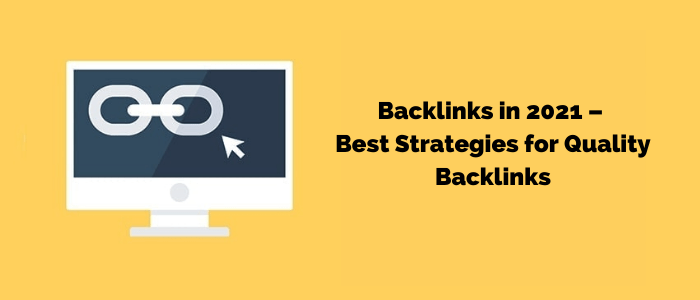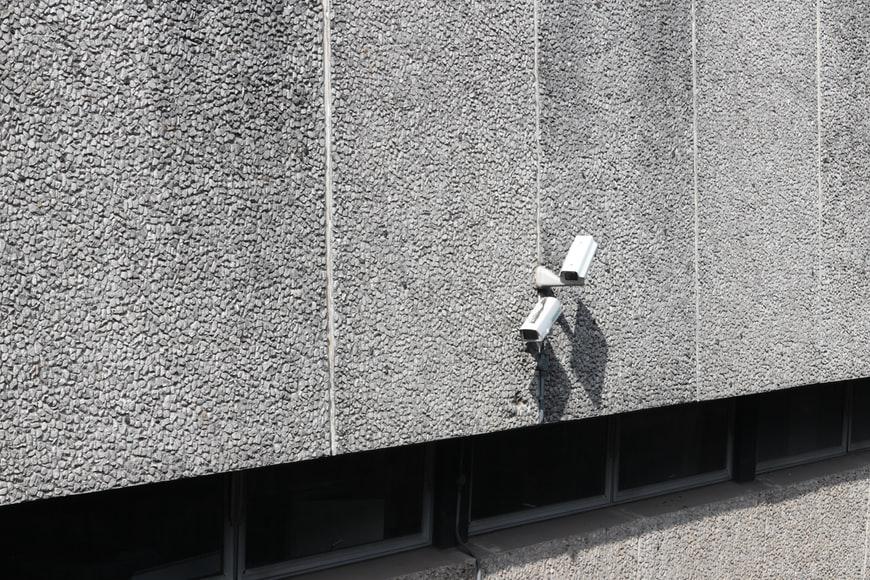
Image source: https://pixabay.com/photos/cyber-security-internet-network-4610993/
Despite the fairly frequent hacker attacks, many website owners still do not pay enough attention to ensuring a high level of cybersecurity for their websites. While no one is immune from attack, small and medium-sized businesses are at the greatest risk due to inadequate investment in cybersecurity. Let’s consider what consequences of cyberattacks from the SEO point of view can be expected, how it will affect the website and business in general, and how to prevent it.
SEO and Cyberattacks: Affect and Consequences
Unfortunately, few people really think about how much damage hacker attacks can cause. Here is a small list of what happens to the site after a cyberattack: traffic is redirected to third-party resources, many 404 errors occur, causes internal errors on the server, loss of user data (including personal and financial), the infection of the site with phishing and malicious codes, viruses, etc. In fact, not every site can recover from such an incident, and even worse, the reputation of the entire brand or company is damaged, which significantly affects the business (and in some cases leads to its destruction).
404 Errors
The 404 error reporting that there is no content where it used to be is one of the most common on the Internet. And this is one of the most effective ways to harm your site as discreetly as possible. The thing is that you only find out about this error when you try to open a page with the desired content. However, Google tracks these pages much faster, and if the content on your site disappears or gets blocked, you start having problems.
Downtime
It is believed that only a total site crash is a real disaster, but talking about long-run prospects, a downtime of eight hours can do the same harm as a complete site crash. A Googlebot crawling should confirm that your entire site is working stably and as usual, if not, you are at risk. Re-scanning on the same day should confirm that you have already recovered. If this does not happen, you, of course, do not fall out of the Google index, but you fall significantly lower and thus lose customers not only due to site downtime, but also poor indexing – that is, getting double harm.
Blacklisting and SEO Penalties
If you can’t take care of your visitors and keep them from visiting your site in the event of an attack, Google and browsers will. If infecting elements were embedded in your site code or you have already been noticed in the mailing of harmful materials, your site will be completely blocked, and the user will receive a notification that the site contains malicious content instead of viewing your main or the requested page.
So, to one degree or another, a cyberattack can harm your site and lead to significant financial losses. What can you do to avoid this?
Boosting Website Security
Probably the most obvious answer would be to invest in cybersecurity but do it wisely and thoughtfully. To get started, conduct an audit of the site using available online utilities or resorting to web development tools.
Your task is to find vulnerabilities and critical security bugs that can serve as an entry point for a hacker. Use reliable scanners to check both the site and the code. Make sure to do an in-depth check and proceed to the CMS system. WordPress is the most frequently hacked CMS system, make sure your site is fortified with additional plugins and custom firewalls.
Audit your server and network: make sure your open-source software is up-to-date and firewall-enforced. Use additional security software to regularly scan your server and identify malicious patterns that could potentially harm your system.
Check system service logs. This is a good source of information not only about the state of the system but also about attempted attacks on your systems, vulnerabilities and the impact of third-party software, etc.
Install a malware and virus scanner and set up regular checks to be timely aware of possible attacks or malicious elements on your system. The most effective scanners are installed on the server-side.
After you have completed all possible checks and audits of the system, make a plan to strengthen and harden your cybersecurity to avoid the harmful consequences of an attack.
Please feel free to share your thoughts on how to defend against cyberattacks in the comments.








